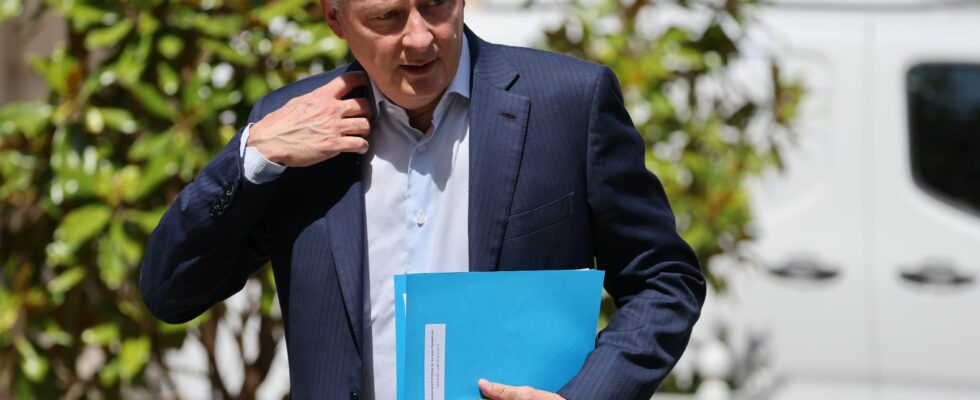The resigning Minister of Economy and Finance, Bruno Le Maire, judged on Monday September 9 that France could meet its objective of a public deficit of 5.1% of GDP in 2024 and 3% in 2027, while the budgetary trajectory is threatened with slippage.
“We can and must maintain our 5.1% deficit in 2024, and it is entirely within our reach,” assured Bruno Le Maire before the Finance Committee of the National Assembly, despite “tax revenues (which) could be lower than expected” this year. “We can and must maintain our 3% in 2027. It is only a question of political choices,” added the minister regarding this maximum threshold set by European budgetary rules.
Bruno Le Maire had announced 25 billion euros in savings from 2024, but only 10 billion were materialized before the early legislative elections, through credit cancellations. After a drop in the public deficit to 5.5% in 2023, a Treasury note communicated to parliamentarians in early September by the Ministry of Economy and Finance reported a possible new slippage to 5.6% in 2024 without additional measures, attributing it to an unexpected surge in local authority spending and disappointing tax revenues.
“110 billion in savings by 2027”
The deficit could reach 6.2% in 2025 with unchanged policy, according to this document dated July and consulted by AFP. It also underlines that “a return of the deficit below 3% as early as 2027”, as planned in the multi-year trajectory of public finances transmitted by France to Brussels in the spring, “would suppose achieving savings of around 110 billion by 2027”.
“The situation of public finances […] “is the first challenge that Michel Barnier’s government will have to face,” appointed Prime Minister on Thursday, said Bruno Le Maire. “It is the most urgent challenge. It is the most difficult challenge. It is the most political challenge. It is the challenge on which everything depends, because nothing is possible without well-managed public finances,” he insisted.
“This requires clear choices,” such as canceling “part” of the 16.5 billion euros of credits frozen as a precaution by the government, he recommended. However, “these choices are not mine,” said the minister, who is leaving after seven years at the head of Bercy.
